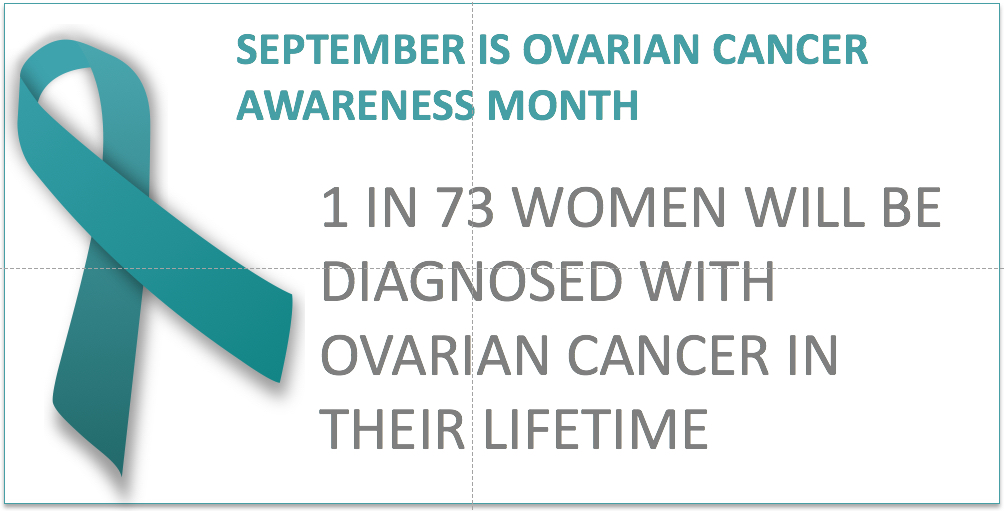I recently attended the First International Granulosa Cell Tumor Conference, a gathering of women and caregivers of a rather unique subgroup of ovarian cancer know as GCT Survivors. Conceived by the Granulosa Cell Tumour Foundation of New Zealand, it was the very first time the micro survivor group, families and clinicians joined forces to better understand this obscure, deadly disease.
Granulosa cell tumors, or GCT as they're referred to in the scant literature about them, represent about 5 percent of total ovarian cancer cases or about 1,200 American women each year. GCTs behave differently from the more common epithelial ovarian cancer, and are consequently less responsive (often non-responsive) to standard ovarian cancer treatments. To survivors like myself, it feels like falling through the cracks.
Indeed, very little is known about the disease and the conference speakers from Harvard Medical to M.D. Anderson Cancer Center confessed there was a void of expertise, new treatment options or effective therapeutics. The only consensus on standard of care is surgery, which for many of us becomes an all too regular event, and eventually a dead end street.
Galvanizing the scattered community is the Granulosa Cell Tumour Foundation of New Zealand, a grassroots organization founded by Sladjana 'Sofi' Crosley, who, when diagnosed, was shocked by the lack of data and the frightening inconsistency among medical professionals. As she and her husband Powel pursued answers, they encountered slivers of resources and patients worldwide. They formed the foundation to weave the pieces together for patient support and to raise funds for research. Sofi finally lost her battle with GCT but not before launching a charity on an international stage.
Hope is on the horizon. A remarkable discovery in 2010 of a mutation of FOXL2, a genetic transcription factor common to virtually all GCTs, suggests that, unlike other cancers, solving one piece of the puzzle could benefit nearly all affected women. However, the smallness of the population exacerbates the funding challenge.
GCT symptoms, like all ovarian cancers, are vague. Unresolved digestive problems may be caused by an ovarian mass, so consulting a gynecologist is recommended if women experience persistent pelvic or abdominal pain, gastrointestinal upsets, frequency or urgent urination, unexplained weight gain or loss, bloating and unusual fatigue. A Pap smear is not a test for any ovarian cancer (for symptoms, see www.ovariancancer.org).
I believe this young movement has the passion and drive to reach their goal to viably treat granulosa cell tumors but they cannot do it alone. For those interested in supporting rare tumor research or who may need to know more about this disease, contact http://www.gctf.org.nz/.
Note: Annette is a GCT survivor and president of the Ovarian Cancer National Alliance and the Ovarian Cancer Alliance of Arizona.
Medical references:
http://hmg.oxfordjournals.org/content/20/9/1673.abstract
http://www.nejm.org/doi/full/10.1056/NEJMoa0902542




Add a Comment2 Comments
For most of our existance, The Ovarian Cancer National Alliance focused research advocacy efforts on securing federally appropriated ovarian cancer research funding. This has resulted in multiple millions $$ being dedicated to ovarian cancer research through the National Cancer Institute, which funds most cancer research in this country. We recently began funding private research, utilizing the Gynecologic Cancer Foundation grant selection committee to refer worthy but unfunded projects to us. None of the current projects is specifically for rare ovarian cancer types. We have recently connected the GCT-NZ to this process.
It was my honor and privilege to speak at the conference. The expereience has ignited in us an interest in greater collaboration. Working together with other ovarian cancer charities to create greater synergy is a core value of ours.
May 3, 2011 - 8:54pmThis Comment
I have lived with GCT for 8 1/2 years. I was just wondering. Does the Ovarian Cancer National Alliance provide any funding to research of GCT? Does the Ovarian Cancer National Alliance fund any other of the obscure types of ovarian cancer. Sometimes it feels like we are just left out. Enjoyed your speech at the conference.
May 3, 2011 - 7:59pmThis Comment